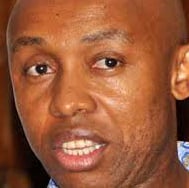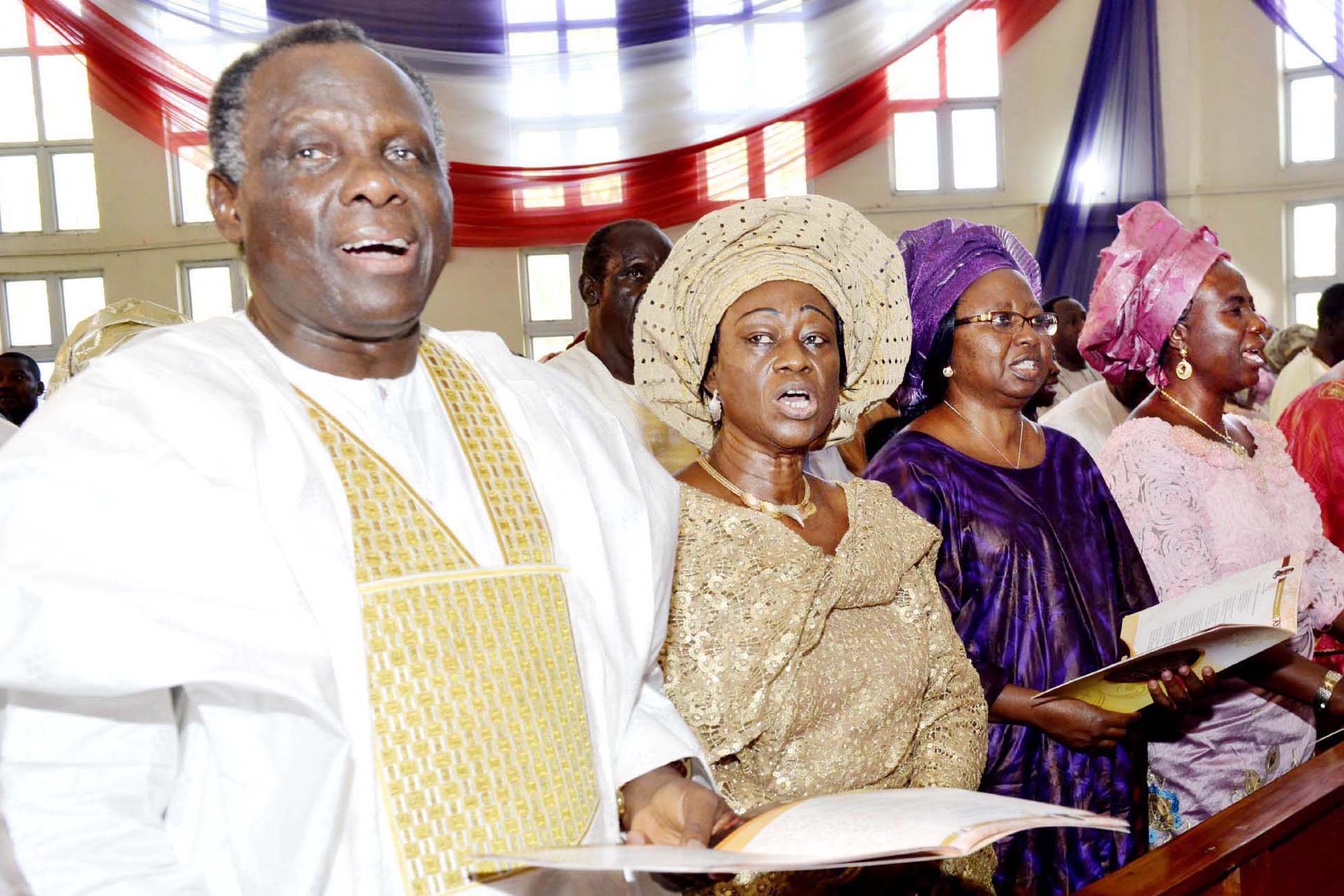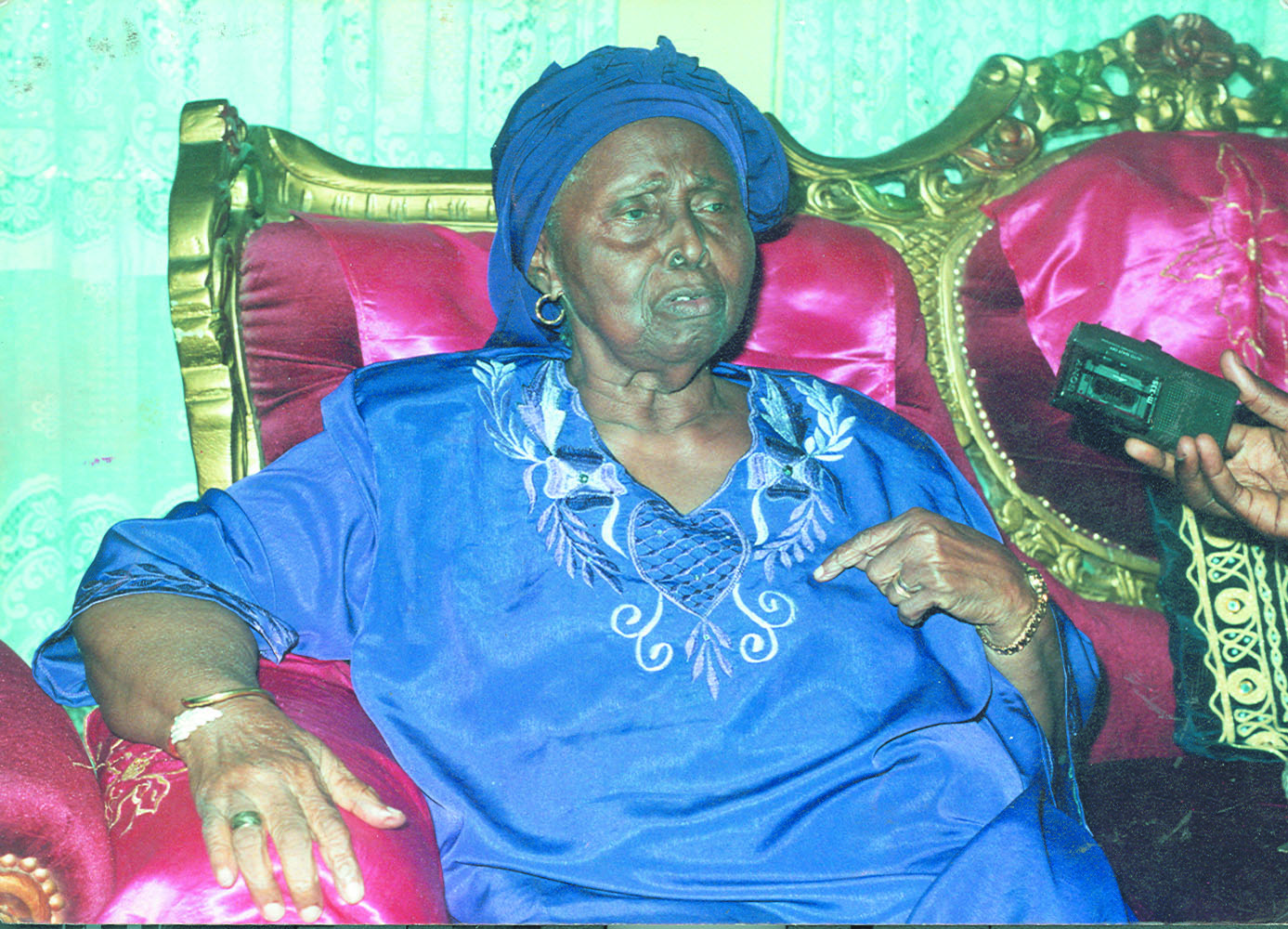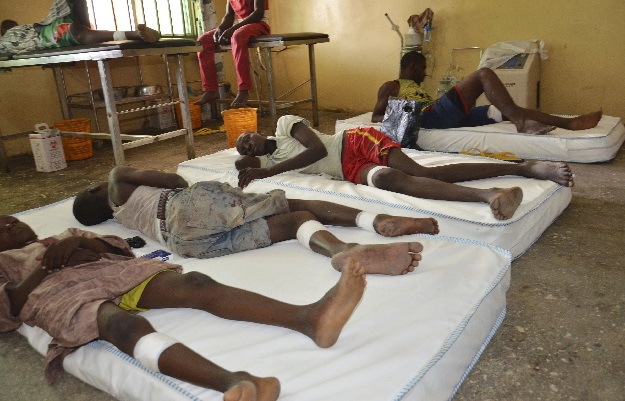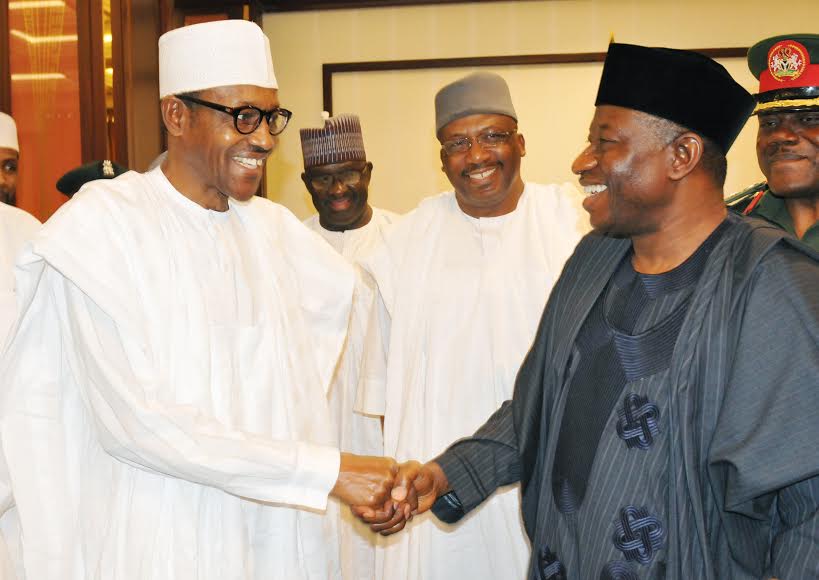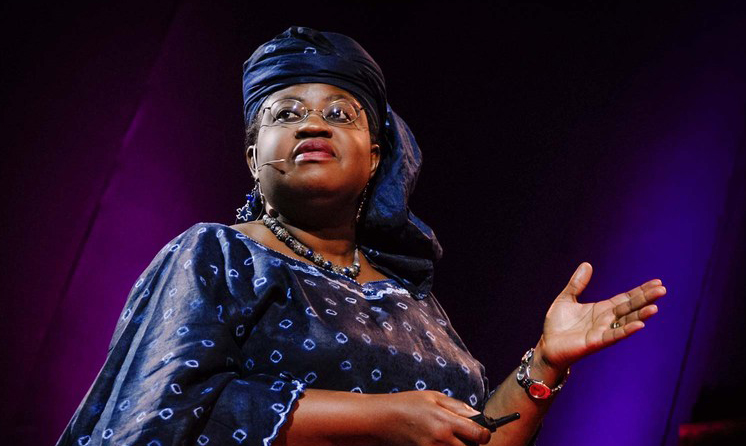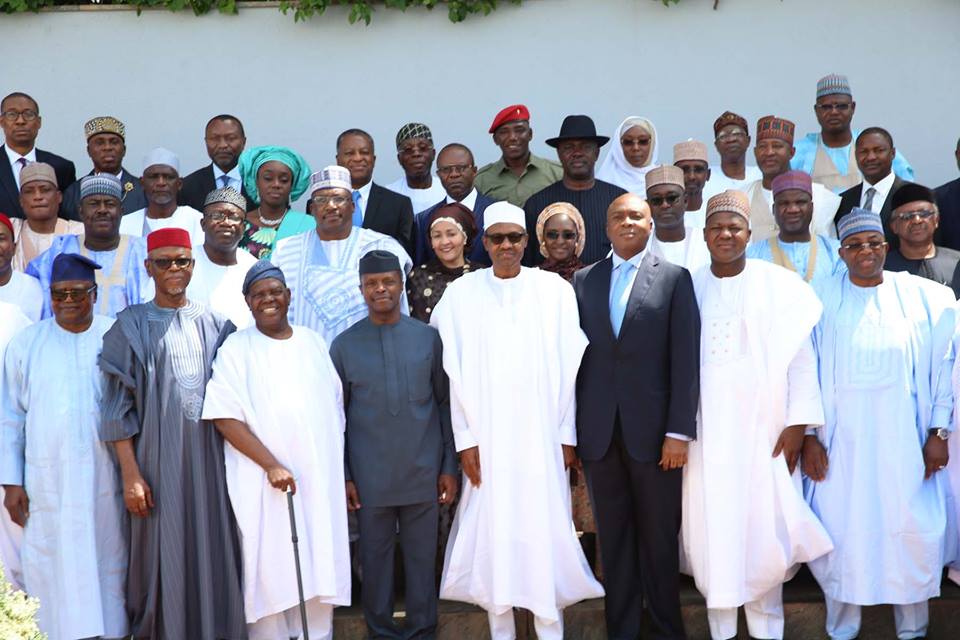In the general elections of 2015, Nigeria for the first time replaced a ruling party through the ballot box. Until now, the ruling party at the centre had always been able to foist an outcome on the country through a brutal combination of cash, cronyism, coercion and cynicism. Together this toxic combination almost invariably made any effort at discovering the will of the people meaningless. As a country, we always managed to find needful jurisprudence to cover up this reality and grant it a modicum of judicial legitimacy. By so doing, we ensured that Nigeria’s politics for more than a generation was an ideas-free zone.
The outcome of the 2015 general election, however, makes the possibility of a different kind of politics built on ideas tantalizingly possible in Nigeria. To achieve this, citizens and political formations must seize the opportunity offered to put forward more competitive ideas for organizing for power.
As the ruling party for the past 16 years, the Peoples’ Democratic Party (PDP) could dispense material incentives as it willed. Without easy access to either cash or coercion since its loss in the election and unable anymore to make these the centre of its appeal to the country, the only course now open to the former ruling party as it seeks to rebuild itself in opposition must be to pursue the path of ideas.
Few are as qualified to lead this search for ideas as Professor Jerry Gana. His longevity in Nigerian public life is so unrivalled that some would be forgiven for thinking that he was present when Lugard procured the Amalgamation. For three decades and a half, through Military and civil rule and everything in-between, Professor Gana has been a constant in Nigeria’s public life. In December 1983, as a member of the Senate of the Federal Republic, Jerry Gana’s career in democratic governance was nearly cut short at birth by a coup that announced the tall and rangey 41 year-old General, Muhammadu Buhari, as military Head of State. 18 months later, General Ibrahim Babangida overthrew General Buhari and announced Jerry Gana as its Director-General of Mass Mobilization and Economic Recovery (MAMSER). Three decades on, his wit, enthusiasm and resilient longevity has become a constant in Nigeria’s public life.
Advertisement
He served as Cabinet Minister in various departments, including Agriculture and Natural Resources, Information and National Orientation, and Co-operation and Integration in Africa and as Presidential Adviser. In party political life, he was founding National Secretary of the PDP, a onetime aspirant for the office of President and, later also, the Secretary of the party’s Board of Trustees. Prior to public life he was an academic and professor in geography and regional development at the Ahmadu Bello University in Zaria, Kaduna State. In the private sector, Professor Gana is an investor in energy, agriculture, and hydrocarbons. He is also a university administrator.
This fecund background makes Professor Gana’s Democracy, Good Governance and Sustainable Development auspicious. In the book, Professor Gana attempts to marry his skills as an academic with his experience in public life and commerce. The result is a book that is at once both easily readable and characterized by a dual identity.
As the author boldly asserts, “the Central thesis of this book is that there are powerful linkages between democracy, good governance and development. Whereas democratic governance is valuable in its own right, democracy has to produce concrete development for it to remain credible and sustainable. Unfortunately, the links between democracy and development are not automatic. Pragmatic strategies must be designed and seriously implemented to achieve positive results.” Through the book, the author takes us through the meanings of democracy, good governance, and development and lays out his ideas for how to achieve, sustain and guarantee these in Nigeria. At times the book reads like seminar series in philosophy and political economy. In other places, it reads like the beginning of a re-set of a political manifesto.
Advertisement
The book is organized in seven chapters. Chapter 1 charts the rise of democracy around the world, especially immediately prior to and after the collapse of the Berlin Wall in 1989. In this chapter, the author characterizes democracy as simultaneously a sword for achieving political and economic freedoms; a shield against chaos; and a catalyst for development. He warns, however, that the benefits of democracy are not automatic and that it could fail to achieve any of these “especially when a small elite dominates economic and political decisions” and outlines safeguards against this outcome.
In chapter two, the book turns to good governance, which the author links to the idea of good leadership. He argues that “the driving force of good governance is effective leadership” asserting that “without good leadership, not much progress can be made, if at all.” In developing this argument, the author draws on multiple sources, including political economy, philosophy, institutional theories and theology. This chapter somehow leaves more questions than it answers, especially in its reluctance to address the conceptual gaps and overlaps between “good” and “effective” governance and between governance and leadership.
Chapter three dwells “on the development process”, and forcefully makes the point that “human resources constitute the core of the wealth of nations.” Logically, therefore, the author argues that “it makes great sense for a nation to devote substantial resources to providing high quality education for its citizens” because “education transforms individuals and transformed individuals generate development.” Development in this sense is a multi-dimensional enterprise that can be characterized in various ways to include: economic growth, distributive justice, modernization, growing self-reliance, enhancing freedoms, and transformation. He concludes that “of all these perspectives on development, the concept of development as transformation is perhaps the most profound view of the meaning of development since the concept goes beyond growth, or even change, to a fundamental structural and social transformation of a given economy.” Alive to the criticism that this sounds circular, the author explains transformation as involving “progressively qualitative change in the structures of production, distribution and consumption.” It is not immediately evident how such progress is monitored or measured.
Departing from the largely theoretical and philosophical outlook of the book, chapter four, titled “Translating Democracy into Development”, is the meat of the book. Comprising 89 pages, this chapter alone makes up nearly 30% of the book. It reads like the makings of an ideas-based political platform. In this chapter, the author outlines a 12-point development programme for Nigeria anchored on the “cultivation (of) national reputation and building people of integrity.” Other elements of this programme focus on addressing agriculture; industrial productivity; enhancing road infrastructure; harnessing water resources, power and energy; expanding revenue; transforming education, health and housing; addressing governance, defence and security; and promoting a peaceful world order based on human dignity and human rights. The issue of national reputation and integrity systems gets particular attention. Here, the book recommends urgent attention to eliminating “arbitrary use of state power by focused citizen education” as well as “uphold(ing) the rule of law by showing respect to court judgments, insisting on proper adjudication of cases and punishing any misuse of the powers of the security agencies and the armed forces.” He also calls attention to the need to and strategy for strengthening the fight against corruption and impunity.
Advertisement
Titled “Creating Wealth to Reduce Poverty”, Chapter five argues that “to reduce poverty, every effort must be made to massively create wealth through increased production and productivity.” It is dedicated to developing ideas respectively for agricultural and industrial transformation in Nigeria. With reference to agriculture, the author reviews the performance of previous efforts at food security in Nigeria, including the National Accelerated Food Production Programme (NAFPP, 1975); Operation Feed the Nation (OFN, 1976); Green Revolution (1980) and Directorate of Foods, Roads and Rural Infrastructure (DFRRI, 1986), concluding that they recorded “limited achievements” because they were not only capital intensive but also alienated “the means of production from the peasants.” Among many ideas developed in this chapter, the author makes a case for reform of the Land Use Act, argues for re-organization of the River Basin Development Authorities and calls for rapid escalation in rural (farming) co-operatives from the present 30,000 to about 79,000 with complementary investments in storage, processing and extension services. Turning to industrial production, the author argues that effective industrial policy must be founded on “sustainable, non-inflationary growth” and the “adoption of realistic exchange rate policy.”
Chapter Six offers complementary ideas from other mostly international voices on the issues dealt with in the book, including the views of former Secretary-General of the Commonwealth, Chief Emeka Anyaoku; former Secretary-General of the Organization of African Unity, Dr. Salim Ahmed Salim; former President of Ghana, John Kuffuour; and former President of the American Bar Association, Dennis Wayne Archer, delivered at successive Independence day Lectures between 2001 and 2005.
Chapter seven is devoted to examining the new Sustainable Development Goals (SDGs), adopted by the United Nations in October 2015.
The book has many strengths. Three are immediately evident. It synthesizes theory with the pithy insights from practice, policy and politics. It reflects continuity of memory of policy making between military and civilian governments in Nigeria. In writing it, the author is presumably unencumbered by the burdens of office or fealty to a party political principal or temporal sovereign.
Advertisement
While political alternance made possible by the 2015 elections makes the book timely, its coincidence with the attainment by the author of the earthly landmark of three score and ten gives urgency to its mission. This urgency may perhaps excuse but does not fully explain the reluctance of the author to optimize the benefits of these three factors. Perhaps this is because the book in places reads like a collection of essays or lectures delivered over a long period in public life. If so, some of them would have benefited from a closer reading and some updating. Five major omissions illustrate this occasional lapse.
First, the author undertakes a sweeping review of the “tide of freedom” as a summary overview of early in the book of the progress of democracy around the world appears dated. Thus it charts Haiti’s democratic transition up to the first deposition of President Aristide; describes Nigeria’s still-born military transition of 1992 in present tense; and tracks the democratic transitions of both Algeria and Yemen only up to 1992. The uninformed reader is left a quarter of a century in arrears of developments and so, arguably, could be the analysis.
Advertisement
Second, the book evidently omits any coherent assessment of or retrospective on the very substantial period of the author’s immersion in public life. As a result, he does not give the fair minded reader any material with which to exercise benefit of doubt nor does he always avail the curious reader with the tools for informed inquiry. Where references are made to his public service experience, they are implicit, oblique or largely as lamentation devoid of context or analysis. For instance, the author makes a passionate case for developing agriculture as a major contributor to national revenue and job creation, pointing out that as a share of GDP, Nigeria’s agricultural sector shrank from 62% in 1960 to 40% in 1988 and 32% in 1999. Similarly, he complains about “the steady fall of life expectancy at birth from 54 years in 1999 to 46 years in 2003 and 44 years in 2006.”
Elsewhere, he similarly laments that “from an initial rate of N1.55 to $1 when the new exchange rate policy started in June 1986, the rate declined to N4.25 to the Dollar in 1988; N7.58 to the Dollar in 1989; to N82.33 in 1995; N92.65 in 1999 and about N130 to the Dollar in 2003. The negative impact on the industrial sector has been simply devastating.” These lamentations may be tolerable from any ordinary writer but from a person who was intimately involved in government policy making during more than three decades, an account of the policy options, the reasons for the choices made and some retrospective on the failures that led to the lamentations to justify the different dispositions now argued by the author would have been appropriate. The job of resetting the intellectual foundations of for opposition in Nigeria would benefit from a quite clinical acknowledgement of where and how the former ruling party lost its way. It doesn’t have to read pretty but it should be honest.
Advertisement
Third, in the priorities, strategies and recommendations suggested, the book contains some contradictions that are not easily reconciled. For instance, the author’s 12-point development agenda includes a call for “expanding the nation’s revenue base through fresh investments in the oil and gas….sectors.” Yet, in another breath he argues that “further exploration of new fields could be suspended for three to four years and the resources thus saved pumped into critical infrastructure and vital industries” to “ignite a fresh momentum for growth.” For one, the idea of expanding oilfields in a country in which oilfield practice is notoriously cavalier at best would strike many host communities as callous. It may also be uneconomical in a context of dwindling oil revenues and rising alternatives to oil. The benefits of new fields relative to investment could be quite marginal at best. For another, suspending exploration for three to four years is incompatible with the idea of expanding the sector.
Fourth, there are significant omissions from the author’s menu of development options and priorities. For instance, there is no mention of or attention to the service sector. The Diaspora and the impact of the remittance economy are equally omitted. Equally omitted is any attention to Nigeria’s demographic time bomb. In terms of contemporary political economy, the book omits any attention to or treatment of conflict, including the insurgency. It is arguable that as the anti-thesis of the book’s affirmative argument, Nigeria’s multiple frontiers of conflict and how governance can ameliorate them should have received some attention in the book.
Advertisement
Fifth, it is somewhat surprising that a book on democracy, good governance, and development in Nigeria by a living pioneer in managing political parties in Nigeria, omits any attention to political parties as the foundations of competitive democratic culture. The author’s insights on this issue would have been invaluable, as much to students of political economy as to his own political party in its search for an Epiphany.
Quite apart from these, it is to be hoped that subsequent print runs would benefit from closer editorial attention to eliminate evident pressures of rushed production. Such a significant book would also benefit from an index.
These constraints do not necessarily detract from the value of the book or the worth of its enterprise. In the search for a new polity built on reasoned ideas and deliberative processes, Professor Gana has fired an opening shot. It’s a welcome invitation to others who share his passion, even if not his unique breath of experience to offer their own ideas or counter his. From a servant of the combined causes of both ideas and the public, Democracy, Good Governance, and Development is a good beginning. It’s a book that every person interested in Nigeria should read and no one interested in ruling or representing Nigeria (or any part thereof) should ignore.
Being a review of the book, Democracy, Good Governance and Sustainable Development, written by Professor Jerry Gana.
Views expressed by contributors are strictly personal and not of TheCable.
Add a comment
